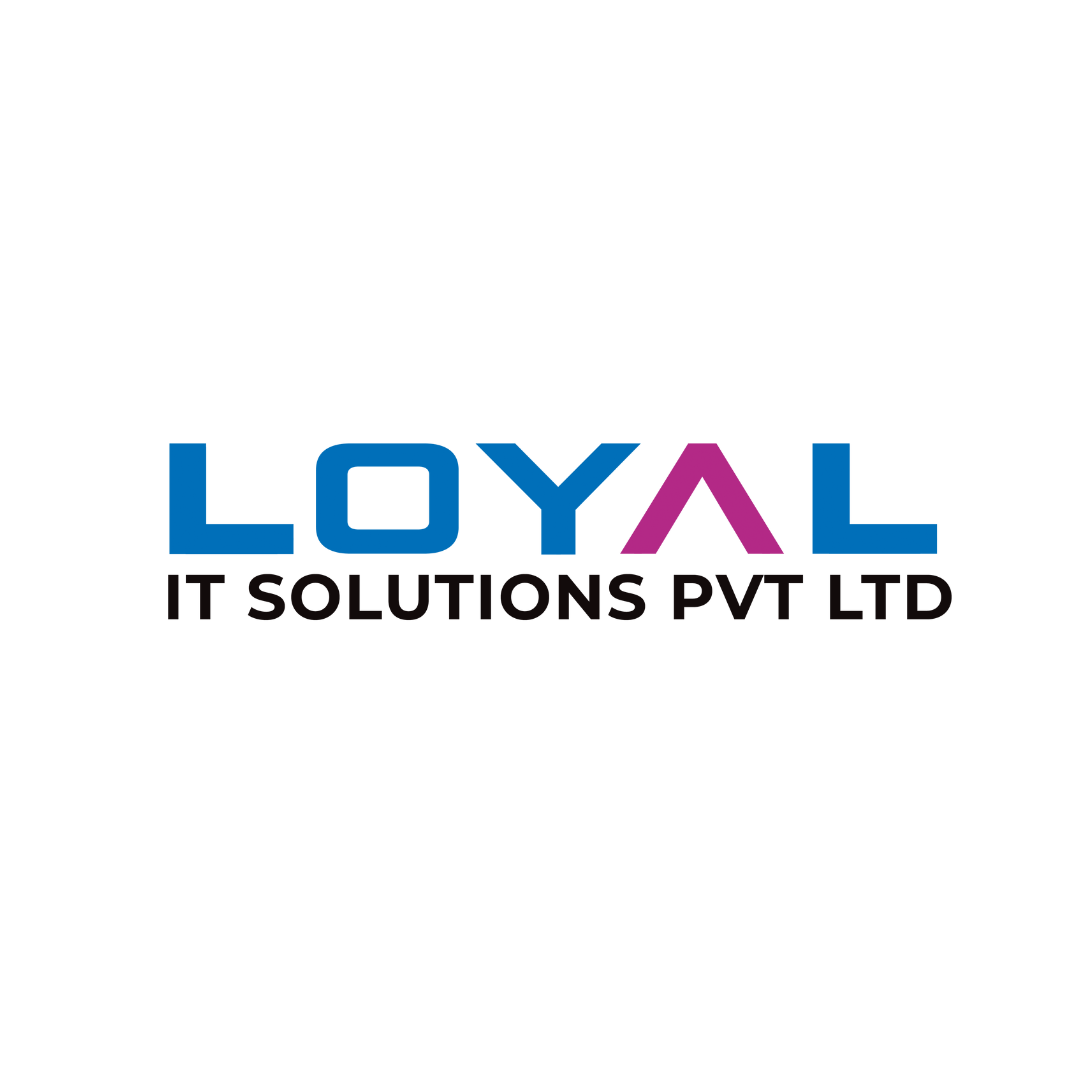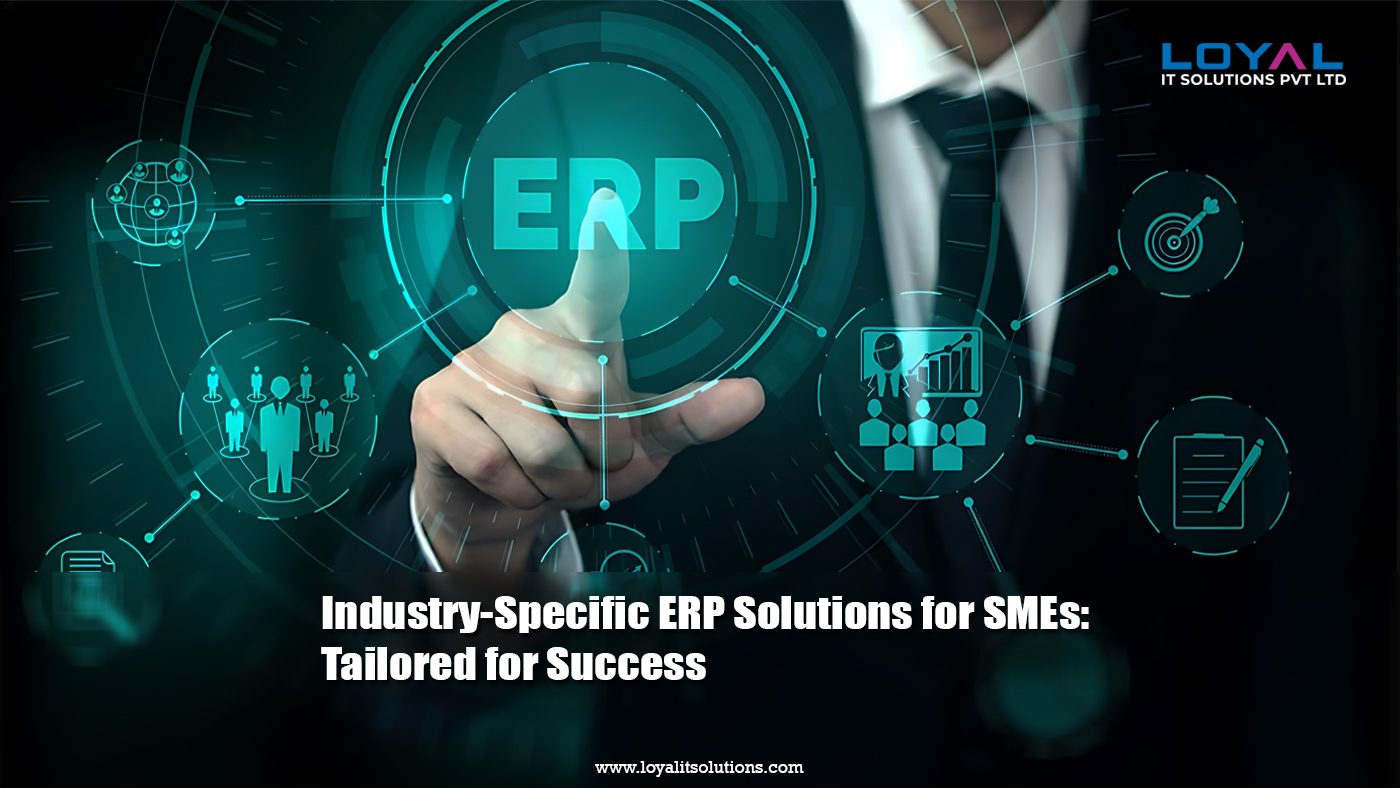Industry-Specific ERP Solutions for SMEs: Tailored for Success

Dennis Antony
Customer Success Manager
As a small or medium-sized enterprise (SME), staying competitive in today’s fast-paced business world can be a major challenge. With limited resources and the constant need to streamline operations, having the right tools at your disposal is crucial. This is where industry-specific Enterprise Resource Planning (ERP) solutions come into play, providing SMEs with a tailored approach to managing their business processes efficiently and effectively.
Understanding Industry-Specific ERP Solutions
Traditional ERP systems are designed for a wide range of industries and provide a comprehensive set of tools for managing various business functions such as accounting, inventory management, supply chain operations and customer relationship management. However, each industry has its own challenges, regulations and best practices. This is where industry-specific ERP solutions come into play.
Industry-specific ERP solutions are developed specifically for the unique requirements of a particular industry. They contain industry-specific features, workflows and functions that are tailored to the specific needs of companies in that industry. From manufacturing and distribution to healthcare and construction, these specialized solutions provide a deeper understanding of the intricacies and nuances of each industry.
Benefits of Industry-Specific ERP Solutions for SMEs
1. Streamlined Processes and Increased Efficiency:
Industry-specific ERP solutions are designed to streamline industry-specific processes and eliminate the need for manual intervention or workarounds. By automating and integrating various business functions, these solutions help SMEs reduce redundancies, minimize errors and increase overall operational efficiency.
2. Improved Compliance and Risk Management:
Many industries are subject to strict regulations and compliance requirements. Industry-specific ERP solutions are developed with these regulations in mind to ensure that SMEs can easily adhere to industry standards and minimize potential risks. From tracking product recalls in the food and beverage industry to managing patient records in healthcare, these solutions provide the necessary tools to comply with regulations.
3. Enhanced Data Visibility and Decision-Making:
With industry-specific ERP solutions, SMEs gain access to comprehensive, real-time data insights tailored to their specific business needs. These solutions provide industry-specific dashboards, reports and analytics that enable SMEs to make informed decisions based on accurate and relevant data.
4. Scalability and Future-Proofing:
As SMEs grow and evolve, their business needs change. Industry-specific ERP solutions are designed to grow with the business, accommodate future growth and adapt to changing industry trends and regulations. This future-proofing ensures that SMEs can continue to leverage their ERP investment as their business expands.
5. Competitive Advantage:
By introducing industry-specific ERP solutions, SMEs can gain a competitive advantage over their rivals. These solutions equip SMEs with the tools and insights they need to streamline operations, improve customer service and optimize supply chain management, ultimately improving their ability to stay ahead in their respective markets.
Choosing the Right Industry-Specific ERP Solution
While the benefits of industry-specific ERP solutions are clear, selecting the right solution for your SME is crucial. Here are some key considerations:
1. Evaluate Your Business Needs:
Before you set out to implement an industry-specific ERP solution, you should thoroughly analyze your business requirements. Identify the key challenges, pain points and areas where you’re looking for improvement. This will help you narrow down your search and find a solution that meets your specific requirements.
2. Research and Compare Vendors:
The ERP market is saturated with different providers offering industry-specific solutions. Research thoroughly, read reviews and compare the features and capabilities of different providers. Look for solutions that have proven themselves in your industry and have a strong commitment to ongoing support and updates.
3. Consider Integration and Customization:
Even if industry-specific ERP solutions are tailored to your sector, it’s important to assess their ability to integrate with your existing systems and tools. Also check the level of customization options to ensure that the solution can be tailored to your individual business processes.
4. Plan for Implementation and Training:
Implementing an industry-specific ERP solution is a significant undertaking that requires careful planning and execution. Develop a comprehensive implementation strategy, allocate resources and ensure your team receives proper training to maximize the solution’s potential.
Implementing industry-specific ERP solutions can be a game changer for SMEs looking to streamline operations, improve efficiency and gain a competitive advantage in their respective industries. By using these customized solutions, SMEs can harness the power of technology and position themselves for sustainable growth and success.
Planning to implement an ERP system in your business? Learn more insights on how to leverage the benefits. Our team is ready to assist you in choosing the best solution for your business.



Add a Comment